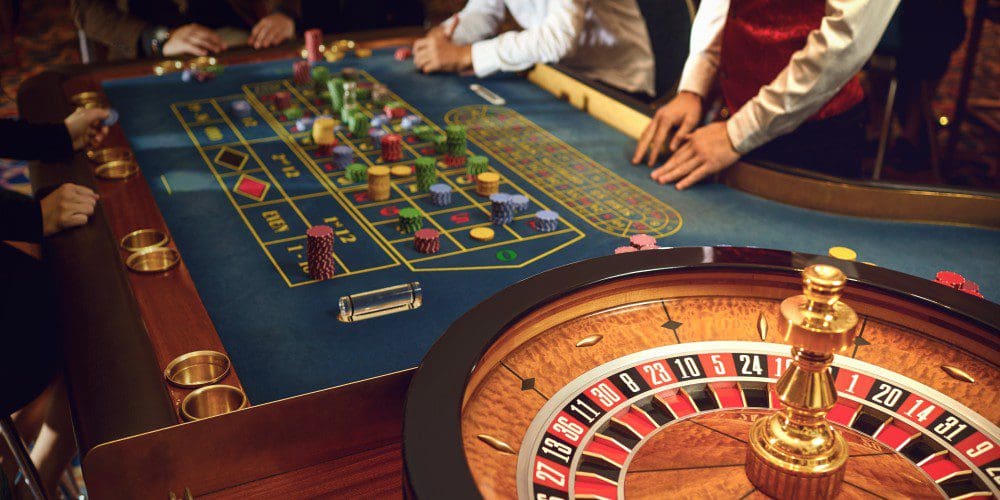
The Fascinating World of Gambling in Greece: History and Landmarks
Gambling in Greece has a rich and storied history, dating back to ancient times. Historical records show that Greeks have been engaging in gambling activities since the age of mythology, with games of chance being a common pastime in Greek society. The ancient Greeks were known to have played various games of luck, some of which have evolved into forms still enjoyed in modern casinos. This longstanding tradition has shaped the current gambling landscape in Greece, where both traditional and contemporary forms of gambling coexist.
In the modern era, gambling was officially regulated in Greece in the 20th century. The government recognized the potential for revenue generation and tourism attraction, leading to the establishment of state-regulated casinos and betting services. Over the years, the Greek gambling industry has seen significant growth, adapting to technological advancements and changing market dynamics.
Are Greeks Inclined to Gambling?
Gambling as a Cultural Activity
Gambling is deeply ingrained in Greek culture, with many Greeks viewing it as a leisure activity. There is a cultural affinity towards games of chance, and gambling is often associated with social gatherings and entertainment. However, the attitude towards gambling is balanced, with an understanding of the risks and the importance of moderation.
Popularity of Various Forms of Gambling
Casino games, sports betting, and lotteries are particularly popular in Greece. The advent of online gambling has also seen a surge in popularity, with many Greeks participating in online casino games, poker, and betting on sports events.
The Most Recognizable Casinos in Greece
Greece is home to some of the most iconic casinos in Europe, attracting tourists and gambling enthusiasts from all over the world. The Regency Casino Mont Parnes, located in Athens, is one of the oldest and most prestigious casinos in Greece, offering a wide range of games and spectacular views of the city. The Casino Loutraki, near the ancient city of Corinth, is another popular destination, known for its luxurious setting and vast game selection.
Other notable casinos include Club Hotel Casino Loutraki, one of Europe’s largest casinos, and the Rhodes Casino, which combines historic architecture with modern gaming facilities.

Impact of Gambling on the Greek Economy
Gambling plays a significant role in the Greek economy. It generates substantial revenue in the form of taxes and creates employment opportunities. The industry also contributes to tourism, as many casinos are located in popular tourist destinations, offering an additional attraction for visitors.
However, the government regulates the industry strictly to ensure responsible gaming practices and to prevent problem gambling. This regulation ensures that the industry’s growth is sustainable and beneficial to the country’s economy.
Online Gambling in Greece
Online gambling has gained significant traction in Greece, with many players enjoying the convenience and variety offered by online platforms. The Greek government has implemented laws to regulate and license online gambling, ensuring player protection and fair play. This has led to a burgeoning online gambling sector, with both domestic and international operators offering services to Greek players.
Future Trends in Greek Gambling
The future of gambling in Greece looks promising, with continuous growth and innovation expected. The industry is likely to see further expansion of online gambling, adoption of new technologies like virtual reality in casinos, and the introduction of more diverse gaming options. As Greece continues to balance regulation with market growth, the gambling industry is poised to remain a vibrant and vital part of the country’s cultural and economic landscape.
